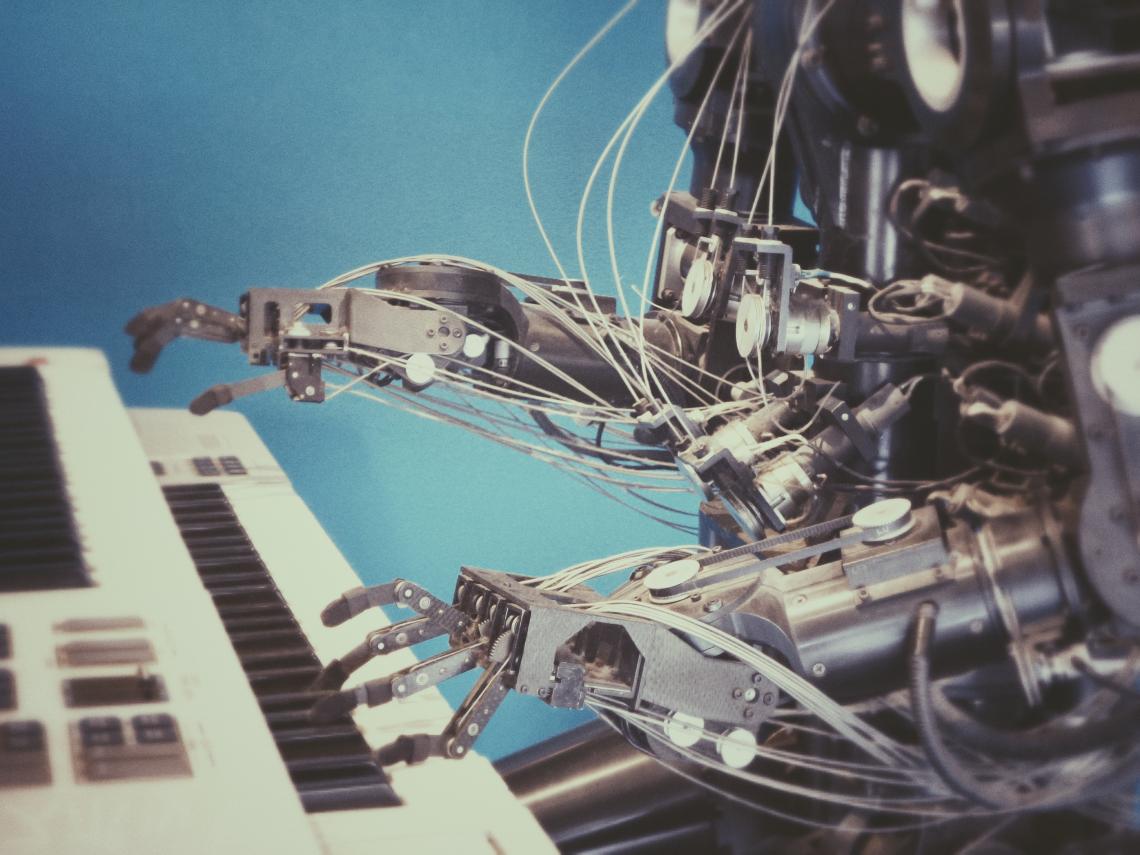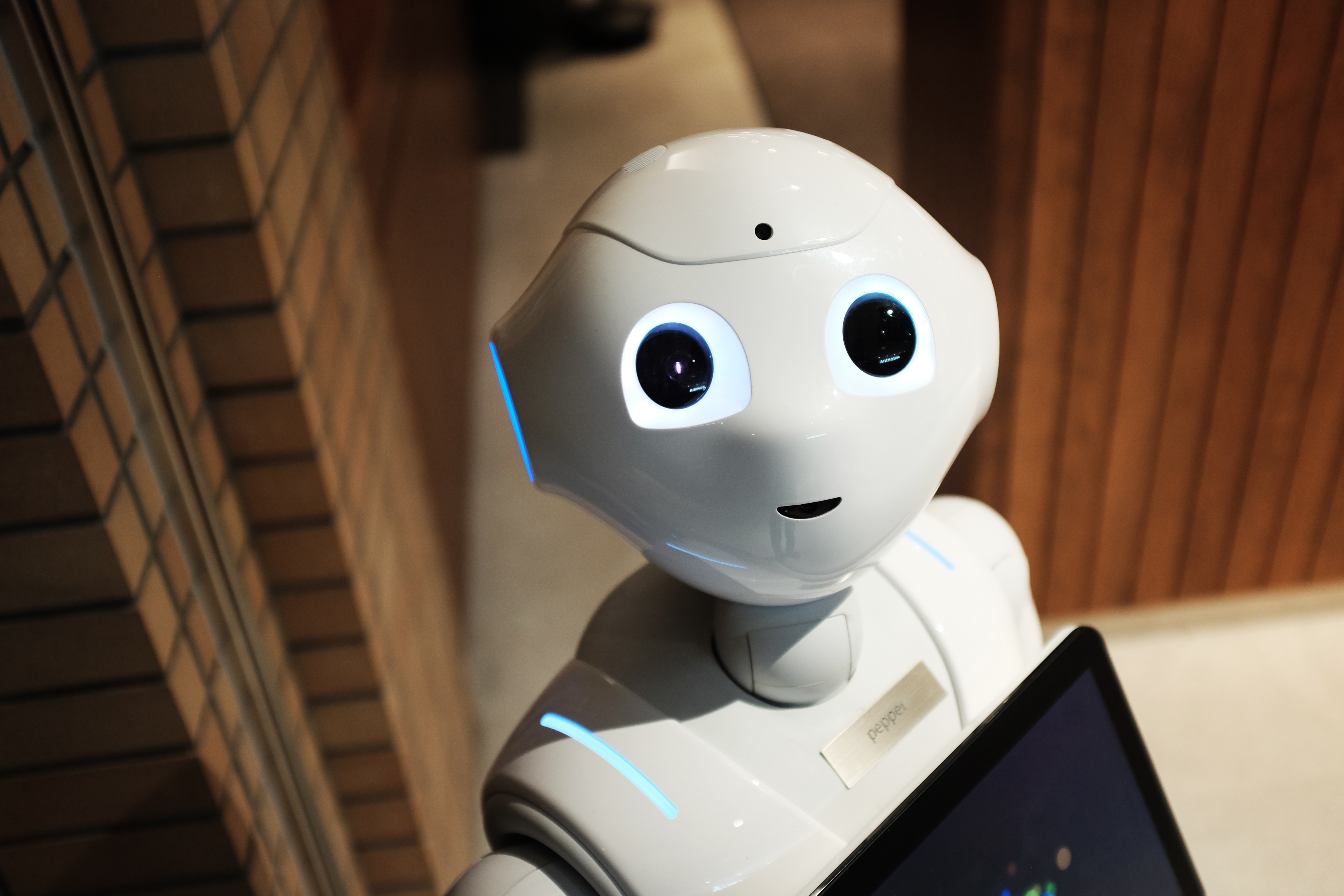
When people hear about artificial intelligence, they think about a super-modern robot which is almost unidentifiable from human by its consciousness, but they don't realize that during the last decades intelligent machines and technologies became an everyday facility.
Nonetheless there is no exact definition of artificial intelligence, this branch of science is cutting-edge. It is associated with two different concepts: an ability of the machine to perform single action it has been programmed to do and a mechanism which demonstrates its own intelligence accordingly to the natural intelligence a Homo sapiens has. During more than 50 years this scientific field exists, “Artificial Intelligence" have become even a more fluent term. When scientists achieve aims firstly associated with it, the new devices and systems are not accepted as "intelligent" enough. It seems that AI is now the term for "anything that hasn't been done yet".
The advances in the research on AI are not vastly highlighted by the mass media and we do not always realize its importance.
The conclusion for the present day is that the humanity have worked out an algorithm by which it is possible to teach a computer or robot to perform a certain activity more accurately than a human, but we still don’t understand the structure of our mind and cannot provide a machine with an ability to learn by itself and solve various problems regarding the previous experiences (a human’s priviledge), as well as the machines remain unable of a chaotic self-expression — art.
There is a theory in the AI philosophy which claims that AI should be divided to Strong and Weak. Strong AI is what we traditionally consider a self-determining object with an intelligence similar to human’s one, but not necessarily acting alike. If it appears in the future, it can be viewed as a danger for a humanity or a blessing.

Weak AI is handled and controlled by people and is a present-day reality. It is a machine automatically carrying out only one or several functions it has been set up to do (only playing chess or only search through the Internet) — a narrowly-oriented mechanism.
Such technologies are always under the user's control, and although they outperform humans in their main activity, Weak AIs are powerless when it comes to other tasks. They have given the humanity super-comfortable technologies without which we can hardly imagine our life now. Automobiles, watches and TVs develop new features to enable easier interaction with the user to such extent that it's sometimes hard to keep up with all the new trends.
Self-parking cars and domestic robots, speech recognition, Face IDs and intelligent personal assistants are not wonders anymore but mundane details, and the observable future offers us even brighter prospects. Autonomous (self-driving) cars will save the citizens’ time on their way home, robotic limbs and organs will replace natural ones when needed, operations and works threatening humans’ lives will be done by robots. The impact of such technologies is already quite weighty and the opportunities for its development are promising. So-called “smart” or “intelligent” systems are planned to be implied in legal systems, ethics, psychology and national security.
WHAT DO YOU THINK ABOUT AI? IS IT GOOD OR BAD? SHARE YOUR OPINION IN THE COMMENTS BELOW.
Coding Girls's aim is to bridge the gender gap in tech by inspiring girls to go into coding. Follow us on Facebook and Twitter and stay up-to-date with our tech events and news.
